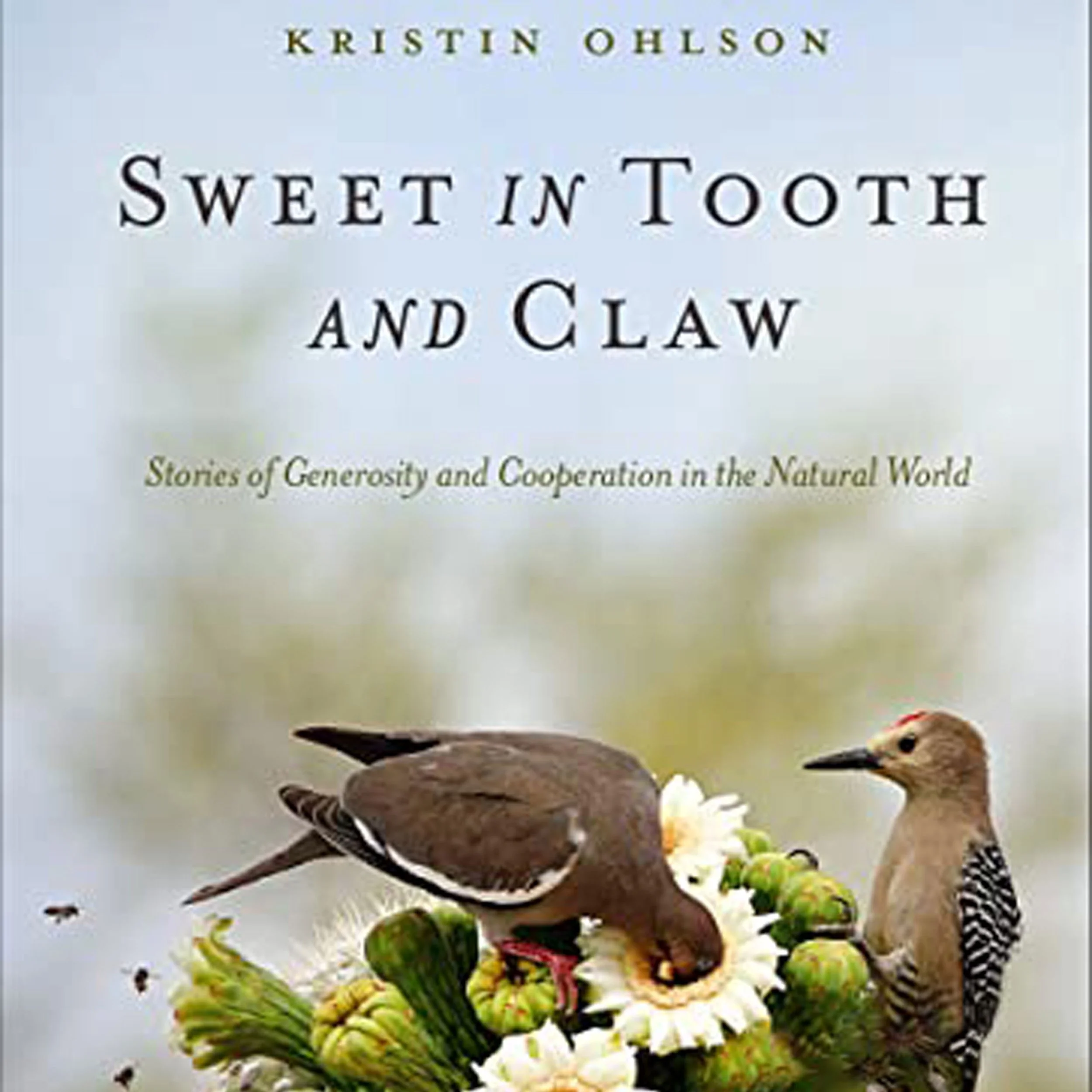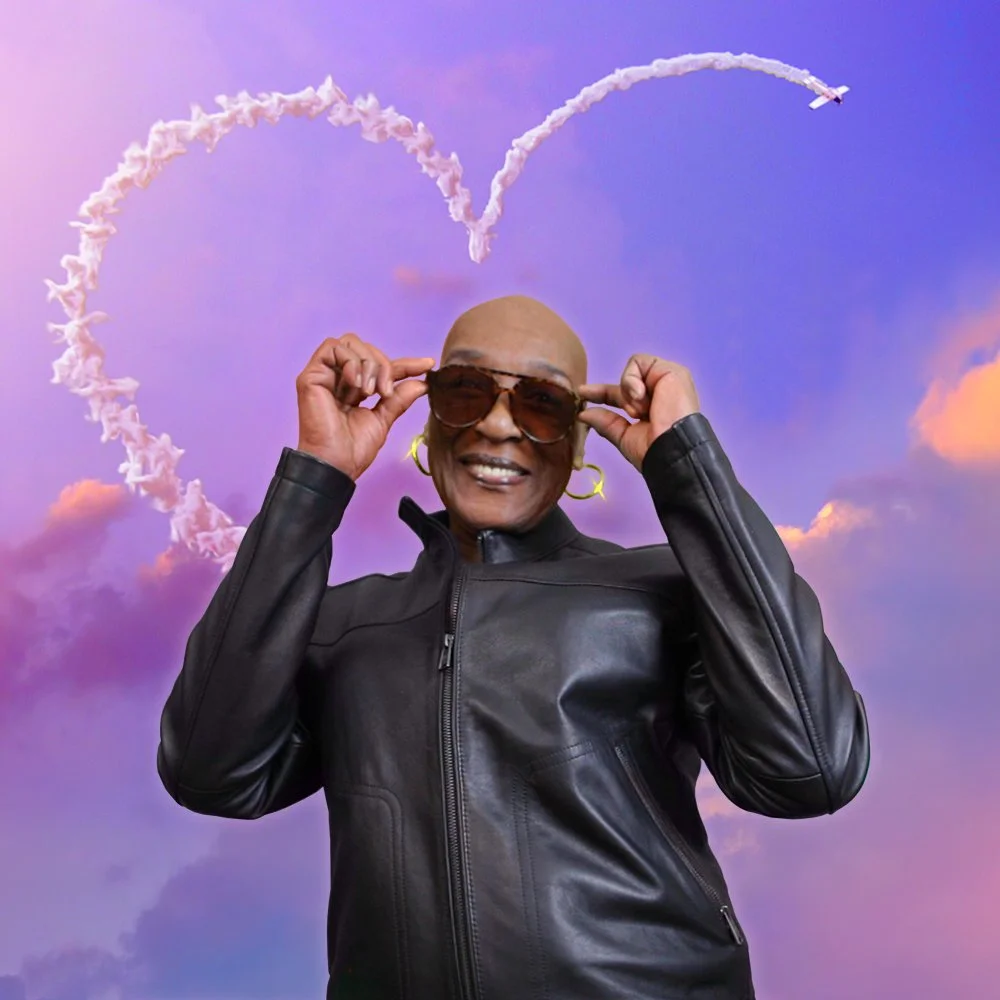Highlights - Oberon Sinclair - Founder CEO of Creative/Branding Agency My Young Auntie
/CEO & Founder of Creative/Branding Agency My Young Auntie
If someone comes to me, and they say, “Oh, I have a new brand. It's a startup.” First of all, I have to like the person, they have to like me. It's a two way street. And that's the most important thing with anyone in life, not just work. In life, why do we make friends with who we make friends with? They are relationships. And if you connect with someone, magic will happen. If you don't connect with someone, and someone doesn't understand or have the same aesthetic or a similar way of thinking – you have to have something in common with someone. And if you have those qualities, which I look for, honesty and loyalty, and they're genuine, and you just know if you're going to get on with someone or not.



















